The day which we fear as our last is but the birthday of eternity
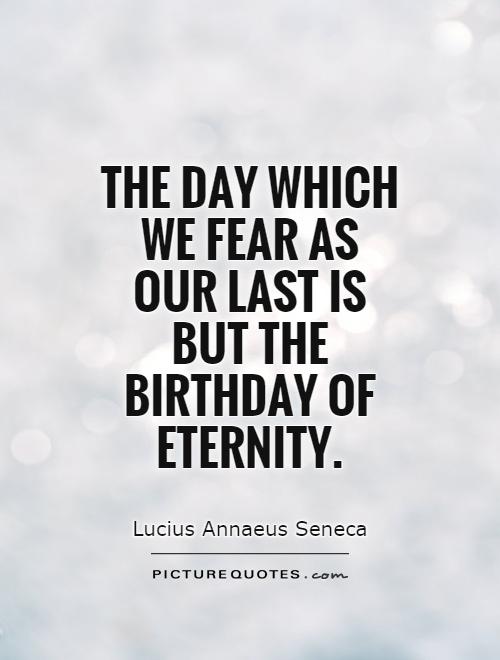
The day which we fear as our last is but the birthday of eternity
Lucius Annaeus Seneca, a Roman philosopher and statesman, is known for his profound insights into the human experience and the nature of life and death. One of his most famous quotes is, “The day which we fear as our last is but the birthday of eternity.” This quote encapsulates Seneca’s belief in the impermanence of life and the inevitability of death, but also the idea that death is not the end, but rather the beginning of something greater.In this quote, Seneca is reminding us that death is not something to be feared, but rather embraced as a natural part of the cycle of life. He suggests that death is not the end of our existence, but rather a transition to a new and eternal state of being. This idea is echoed in many religious and spiritual traditions, which view death as a passage to a higher plane of existence or a reunion with a divine source.
Seneca’s words also serve as a reminder to live each day to the fullest and not to be consumed by fear of the unknown. By accepting the inevitability of death, we can free ourselves from the constraints of mortality and live with a greater sense of purpose and meaning. Seneca believed that by embracing the reality of death, we can live more fully in the present moment and appreciate the beauty and wonder of life.
Furthermore, Seneca’s quote challenges us to reconsider our attitudes towards death and to see it not as an end, but as a new beginning. By shifting our perspective on death, we can find comfort in the idea that our existence is not limited to this earthly realm, but rather extends into eternity. This can bring solace to those who are facing their own mortality or grieving the loss of a loved one, knowing that death is not the final chapter, but the gateway to something greater.


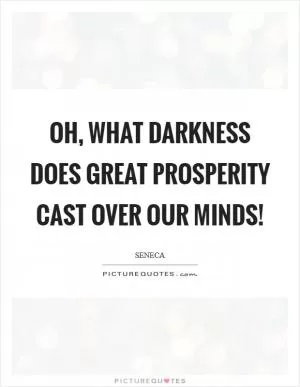
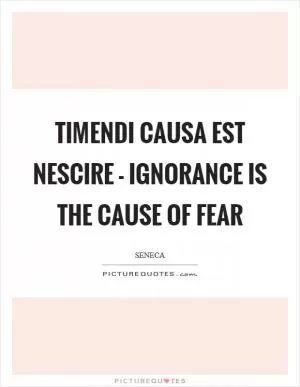

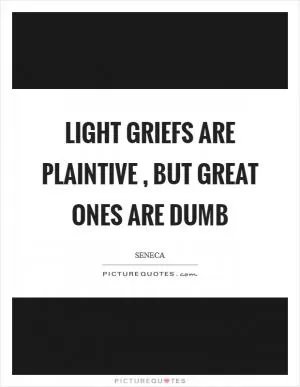
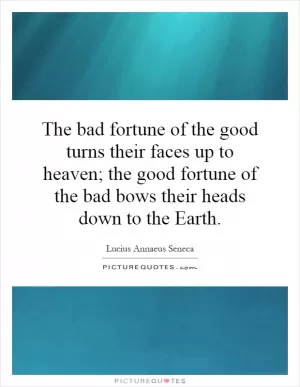



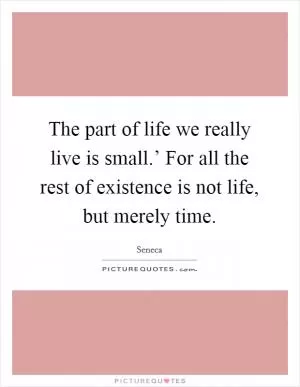

 Friendship Quotes
Friendship Quotes Love Quotes
Love Quotes Life Quotes
Life Quotes Funny Quotes
Funny Quotes Motivational Quotes
Motivational Quotes Inspirational Quotes
Inspirational Quotes